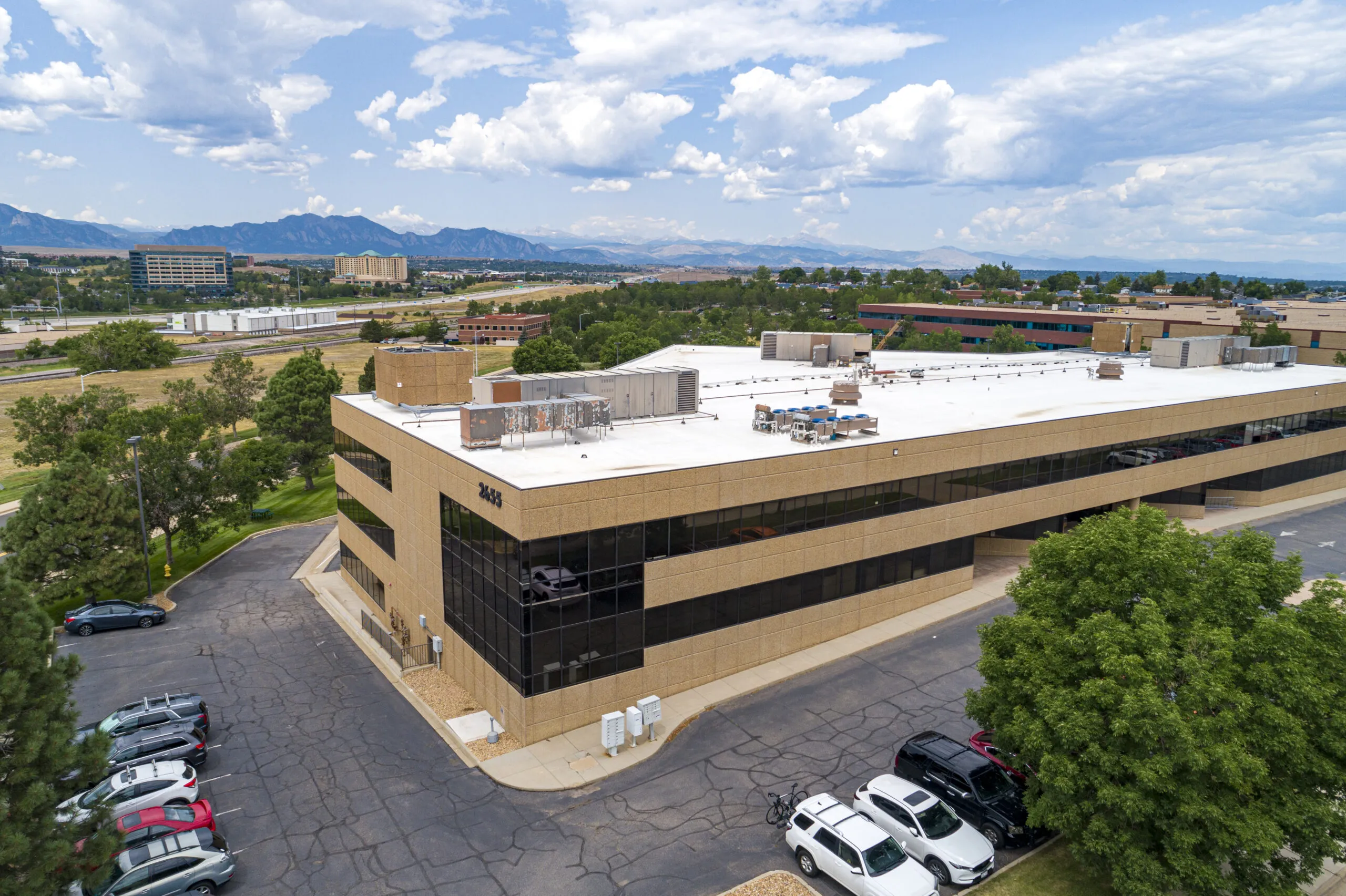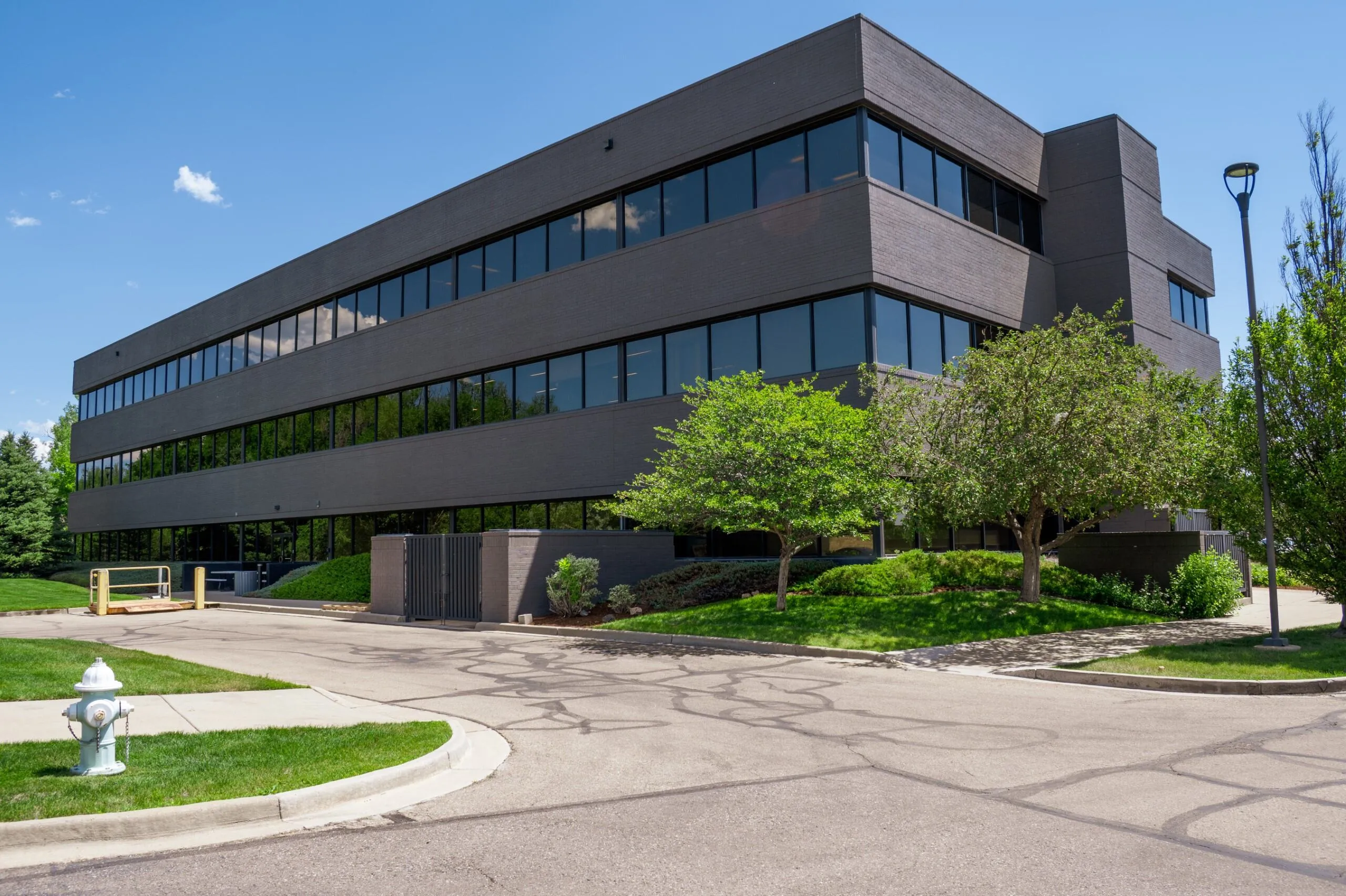Arnold: NNN expenses reach unsustainable levels in Northern Colorado
Colorado has the third lowest homestead real estate property tax in the country with an effective tax rate of 0.51%, according to taxfoundation.org. Conversely, Colorado ranks among the highest, if not the highest, in commercial property tax rates. This rising disparity is causing notable difficulties for businesses, commercial real estate owners and consumers across the state.
Overall, Colorado businesses contribute 58.3% of local government taxes, according to the financial website WalletHub, using data collected from the Tax Policy Center. Currently this is the 11th highest share among states. Commercial property in the state of Colorado is taxed at four times the rate of residential properties. The Gallagher Amendment, which was repealed last year, ensured that residential property accounted for 45% of the taxable property base, and non-residential property was to account for 55%. Since the passing of The Gallagher Amendment in 1982, the residential property values have risen to account for more than 80% of the state’s total. The rise in residential values continues to put more pressure on commercial properties to maintain the 45% and 55% ratios, respectively. The problem of commercial property taxes needing to maintain the set 55% tax base ratio is magnified in rural counties where the vast majority of property tax revenue is made up of residential properties. The few local businesses are unable to make up the revenue and the municipal services are struggling for revenue.
Up and down the Front Range, growth is rampant, housing values are hitting all-time highs and commercial values are being driven up by increasing construction costs and the inflow of investment capital. Over the years the steady increase in commercial property tax has gone relatively unnoticed due to the triple net lease structure, which is widely used across all types of commercial real estate throughout Northern Colorado. This lease structure passes the operating expenses, including real estate taxes, through to the tenants as additional rent. The increase of taxes is now in the spotlight as they now make up the largest share of operating expenses and are beginning to severely impact tenant’s occupancy costs. In a few local examples the NNN component of the tenant’s lease payment will soon surpass the base rent paid to the landlord. We are seeing taxes account for as much as $9 per square foot for some of the properties Waypoint Real Estate manages. To put this into context, a 10,000 square foot office/retail property we are closely involved with in downtown Fort Collins has experienced more than a 100% tax increase since 2016 bringing the current annual real estate tax liability to more than $61,000. If the trend continues, landlords will struggle with increasing or even maintaining base lease rates while keeping space occupied. Over time, this will have negative effects on property values as well as the bottom line of businesses who occupy commercial property.
SPONSORED CONTENT
What happens next remains to be seen. State lawmakers have proposed a bill to freeze the current assessment rates for four years following the repeal of The Gallagher Amendment. As commercial values continue to jump due to the high volume of investment dollars flowing into the Front Range and as residential property values continue to increase, so will the taxes. At some point it is going to be necessary to reconsider the tax assessment rates attached to nonresidential properties and consider spreading the tax burden across all property types.
Jake Arnold is a commercial Realtor with Waypoint, a Fort Collins-based real estate firm. Contact him at 970-632-5050.
Colorado has the third lowest homestead real estate property tax in the country with an effective tax rate of 0.51%, according to taxfoundation.org. Conversely, Colorado ranks among the highest, if not the highest, in commercial property tax rates. This rising disparity is causing notable difficulties for businesses, commercial real estate owners and consumers across the state.
Overall, Colorado businesses contribute 58.3% of local government taxes, according to the financial website WalletHub, using data collected from the Tax Policy Center. Currently this is the 11th highest share among states. Commercial property in the state of Colorado is taxed at four…




